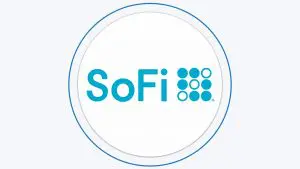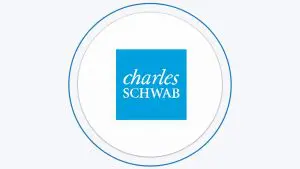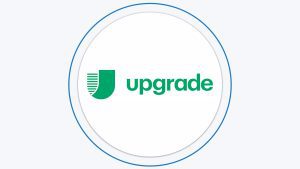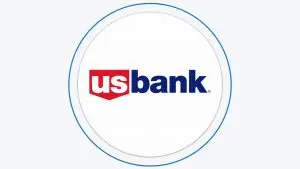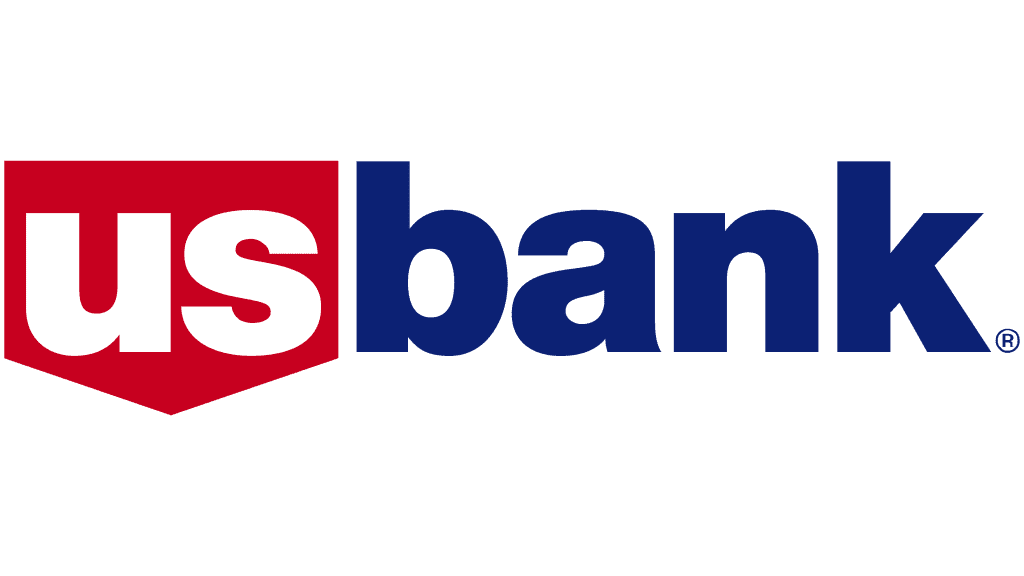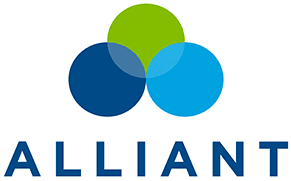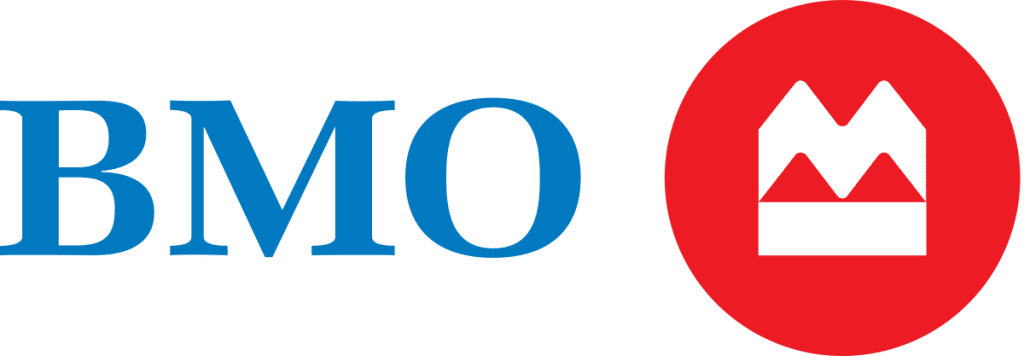Table Of Content
What Is An Overdraft Fee?
You've reached the end of the month, and your bank account shows zero balance, but you still require funds to cover any unexpected expenses. Let us assume that you are unable to use a credit card.
You cannot get a loan right away, either. When this happens, the bank offers a quick option that allows you to withdraw funds from your bank account up to your overdraft limit. The structure is known as an overdraft.
Overdraft fees are associated with the credit issued by the bank as an overdraft. When you use more money in your checking account to make a payment or purchase, your bank will charge you an overdraft fee.
How It Actually Works?
The bank pays the shortfall in full so that your transaction may go through, but it sets you a price for the service. In addition to spending the money the bank advanced to cover your purchase or another overpayment, you must also pay this overdraft fee.
Overdraft fees may be costly and unneeded, primarily if they occur frequently. However, there are simple measures you may take to prevent them and strategies you can employ to have them waived if you are charged.
Overdraft Fee - Example
Imagine that your electronic equipment develops a defect in 1 January, and you must fix it immediately. That would cost you $70. However, you only have $50 in your bank account now. The bank loans you the $20 you need right now and processes the payment for you.
Date | Payment | Balance | Overdraft |
|---|---|---|---|
1 January | $70 | $50 | ($20) |
Let us assume your bank imposes a $30 overdraft fee. The fee and the $20 overdraft will total $50, and your account will reflect a balance of -$50.
Date | Balance | Overdraft Fee | New Balance |
|---|---|---|---|
2 January | ($20) | $30 | ($50) |
Your bank may pay the fee if its automatic overdraft program covers you, and it will still get paid. You'll have a negative balance in your account, representing the money you owe the bank. Your account balance will fall below zero.
What is Overdraft Protection?
Usually, the bank or credit union where your account is active would refuse the withdrawal or return the check you sent due to non-sufficient funds (NSF) and charge an NSF fee.
Still, suppose you have chosen your bank's overdraft protection, which is a feature many customers looking for. In that case, the bank allows you to withdraw money even if you don't have enough funds, essentially lending you the money to cover the shortfall.
If a consumer subscribes for overdraft protection, they choose a backup account—typically a linked savings account, credit card, or line of credit—for the bank to utilize as the source to cover any overdrafts. However, the bank charges the customer to handle any transactions that overdraw the account.
Overdraft Protection – Pros & Cons
- Without overdraft protection, unpaid transactions may be penalized or charged a fee by the merchant. Overdraft protection guarantees the within overdraft limit payments if the account balance becomes zero.
- Depending on the linked account, overdraft protection may come with significant fees and interest.
- The account user may additionally be charged an extra cost each month that overdraft protection is utilized or a fixed monthly amount for continual protection.
How Much Does an Overdraft Fee Cost?
Fees for going over your limit vary from bank to bank, but they may cost around $35 per transaction. These fees can add up quickly and have other costs that can be hard to predict.
Some banks may also charge what is called daily or continuous overdraft fees. These fees are added to the account every day that it is overdrawn.
Here's a table summary of major financial institutions' overdraft fee prices:
Bank/Institution | Overdraft Fee |
|---|---|
Chase | $34 |
PNC Bank | $36 |
Bank of America | $10 |
Capital One | $0 |
Wells Fargo | $34 |
Discover | $0 |
Citibank | $0 |
US Bank | $36 |
TD Bank | $35 |
Overdraft Fees Cost Americans $15.5B a Year
Consumer Financial Protection Bureau states, “Overdraft and NSF fees cost Americans an estimated $15.5 billion in 2019. And while these fees dropped during the pandemic, they’ve still cost people billions during this crisis”.
Those already struggling financially are more likely to accumulate overdraft fees on their accounts. According to data provided by the Consumer Financial Protection Bureau, seventy percent of all overdraft fees are assessed to customers with average account balances that fall between two $237 to four $439.
By federal law, financial institutions must make public any costs associated with deposit accounts. Request the account opening disclosure and fee schedule from your current bank and any other banks with which you are considering opening an account.
Are Overdraft Fees Charged Immediately?
Overdraft fees may apply when a payment is authorized but not enough money is available in your bank account to cover the entire transaction. Your bank might approve the payment rather than reject it, in which case a fee would be there.
You can incur many costs if you have several overdrafts in a single day. Still, there might be a cap on the fees you can incur in a single business day.
You must deposit funds into your bank account equal to the overdraft amount plus any fees your bank assessed to resolve an overdraft situation.
Otherwise, your subsequent deposit will be reduced by the outstanding balance. The bank may cancel your account and send an unpaid balance to a collection agency if you don't raise your balance above zero.
How to Get Overdraft Fees Waived
Suppose you contact customer care and explain your position. In that case, some banks might refund an overdraft fee, especially if you've been a devoted customer and don't frequently overdraw your account.
A formal program that either waives or assists you in avoiding overdraft fees may be available from other institutions.
- Know your chances – The first thing is to know your chances and be confident. If this is your first or second overdraft fee with this bank, your chances are pretty good, so be confident in the knowledge that your bank will work with you on this.
- Call your bank – Contact your bank as soon as you know you have been imposed an overdraft fee. Call the number listed on the back of your debit card or quickly find the number online to speak with a professional who might be able to assist you.
It would help if you didn't have to call a particular department to get your overdraft fees waived. Any customer service representative should be able to help you, though they might need help from a supervisor.
- Make Your Request – Explain briefly how you came to overdraw your account. Perhaps a sudden and unwanted expenditure struck your account at a poor moment, or perhaps you've been having money problems due to a recent loss of employment or a decrease in your regular income.
Provide a timeline. Specify when you expect your account balance to become positive again.
How To Ask Your Bank To Waive an Overdraft Fee?
This is what a conversation between a customer and a customer service representative could look like:
Customer: Hello, my name is James. I just noticed an overdraft fee in my account.
Representative: Yes, i can see an overdraft fee in your account.
Customer: I'm very sorry about that. I have a recent expenditure to deal with. It won't happen again. Would you kindly waive the fee?
Note: If the representative agrees to waive the fee, that's great, but if they refuse, let them know you are a valuable customer to them and for how long.
Representative: I'm sorry, but we do not have access to that option.
Customer: I've been your customer for four years (or when you first opened a bank account there) and would wish to maintain our relationship. This was a mistake, and it won't happen again.
Representative: Yes, I see that you have been otherwise in good standing. I will go ahead and remove it for you.
Our Tip: Keep in mind that you are requesting a courtesy from the bank. A polite request can go a long way. Even if the customer support representative doesn't agree to waive the fee, try not to lose your temper. If the representative denies waiving the fee, talk to the supervisor.
Remember that banks are more likely to waive a fee the first time you ask. If you overdraw your account often, it may be harder to get the fee waived.
FAQs
Do banks charge overdraft fees on weekends?
Yes, banks charge overdraft fees on weekends. It doesn't matter when you purchase something that costs more than what you have in your account.
How much is the Chase overdraft fee?
Chase overdraft fee is $34. If your account is overdrawn by more than $50 and you make a deposit to bring it back to being overdrawn by $50 or less by the end of the next business day, you will have to pay this fee.
How much is the Bank of America overdraft fee?
Bank of America overdraft fee is $10. Recently The bank eliminated non-sufficient funds (NSF) fines and reduced overdraft rates from $35 to $10.
How much is the Chime overdraft fee?
Chime does not have an overdraft fee. Those who qualify may overdraw their accounts by up to $20 without a fee and then use debit cards to take their balances as low as -$200.
How much is the Wells Fargo overdraft fee?
$35 is the overdraft cost for Business and Consumer banking accounts (whether the overdraft is by check, ATM withdrawal, debit card transaction, or other electronic means).
How much is the Citi overdraft fee?
In early 2022, Citi announced significant changes to its overdraft practices, including plans to eliminate consumer overdraft fees.
Which banks have low or no overdraft fees?
Some banks with low or no overdraft fees are Citibank, Capital One, Discover, Ally bank, and Bank of America.






